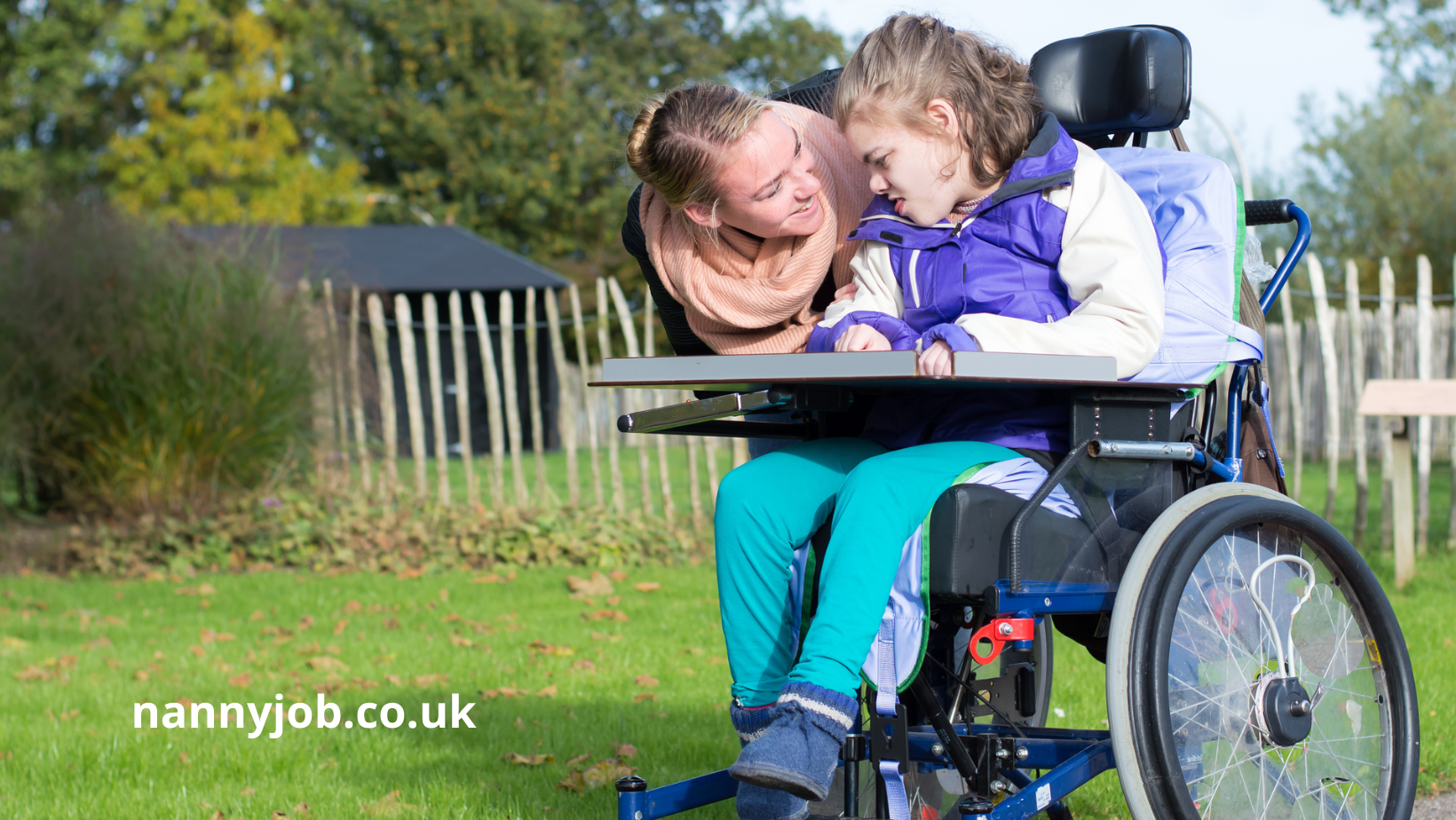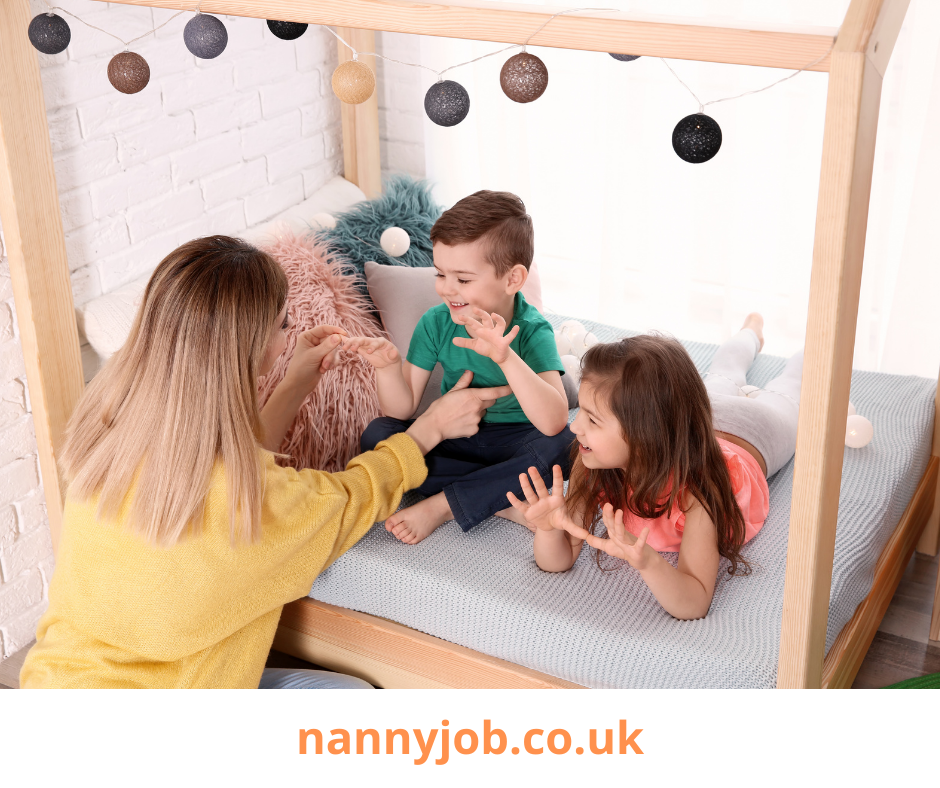Let’s face it, even the least patriotic of us will be finding it hard at the moment to escape the media frenzy around the Queen’s Platinum Jubilee in June, and for those who do love a bit of classic English patriotism, why not get involved in your own creative way?! If you have toddlers or older children in your care, this is the perfect excuse to get their creative juices flowing, whilst teaching them a little bit about our monarchy at the same time!
So, I hear you ask, what kind of things can we make?! Here are a few of our best ideas to keep children happy and creative in time Jubilee celebrations:
Make Bunting:
You will need:
- A length on string as long as you want your bunting to be
- Coloured sheets of card in red, white and blue
- A pencil
- Sellotape
- Scissors
This is a basic way of making bunting, so that little children can be involved as there is no material to stitch. Simply make a triangular template and get the children to draw around it onto the coloured card. Cut out the drawings and get the children to put them in order – red, white, blue, red, white, blue and so on. Fold about a centimetre of the top of the triangles over the string, and attach down on one side with a piece of Sellotape. Do this all the way along your string, and then attach the bunting either inside or outside the house! This is a fantastic exercise for fine motor skills, as well as recognising shapes and colours for children.
Make a Crown:
You will need:
- A piece of cardboard around 4 inches wide, and long enough to go around the child’s head and overlap slightly
- A strip of tin foil around 5 inches wide, and the same length as the cardboard
- Scissors
- Crayons, glitter, or stickers
- Glue
- Stapler
Glue the length of tin foil on top of the length of cardboard, matching the bottom edges up, so that there is an inch extra of foil at the top. Now, cut zig zags into the foil all the way along the top, giving a crown effect of lots of points going across the top. Now it’s time to really have some fun and decorate, using glue, glitter, crayons or stickers, let your little ones go to town on their individual crown decoration on top of the tin foil. When the decorations have dried, make a ring with the crown and staple each end together, to fit over the child’s head.
Union Jack cupcakes (makes 12):
What you need:
- 4oz caster sugar
- 4oz margarine
- 4oz self raising flour
- 2 eggs
- 1 tsp vanilla essence
- 1 tsp baking powder
- 12 white cupcake cases
For the icing:
- 1 packet white ready roll icing
- Apricot jam
- Blue and red food colouring pens
Method:
- Line a cupcake tin with 12 cupcake cases and preheat the oven to 180 degrees.
- Cream together the sugar and margarine with an electric mixer. Gradually add the eggs, flour, vanilla essence and baking powder whilst mixing.
- Half fill the cupcake cases and put into the oven for 20-25 minutes until golden and well risen. Take the cupcakes out of the oven and place onto a wire rack to cool.
- Roll out the icing to around 3mm thickness, then use a circular cutter to cut out 12 circles.
- Put some apricot jam into the microwave for 20 seconds to make it runny. Brush the cooled cupcakes with the jam, and then place the icing circles on top so that they stick. Draw a basic union jack with your blue and red pens on to the icing on each cupcake.
You now have some really Royal treats!
Adding to the ideas we’ve given, why not try making some red, white and blue pompoms, or get some plain white serviettes and get the children to colour some red and blue onto them, or even onto a plain white paper tablecloth. There are hours of fun to be had, all in the name of Queen and country – have fun!









